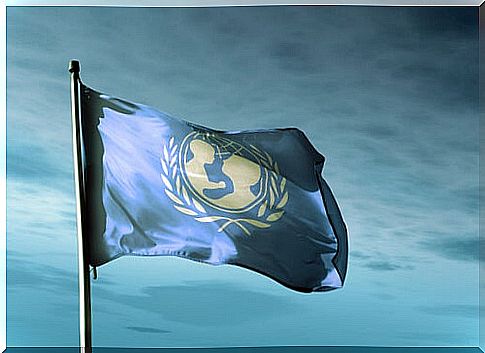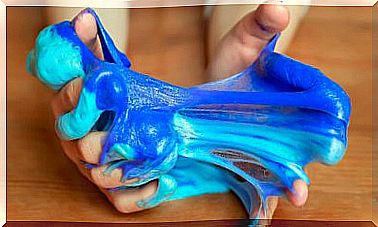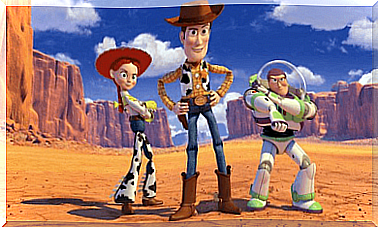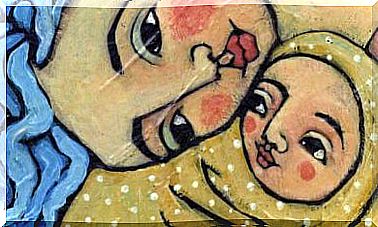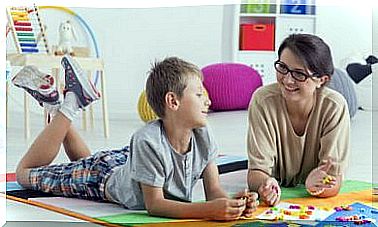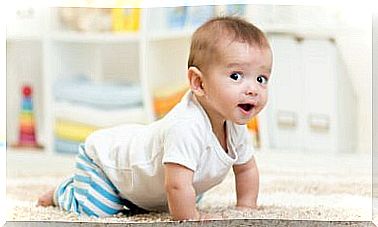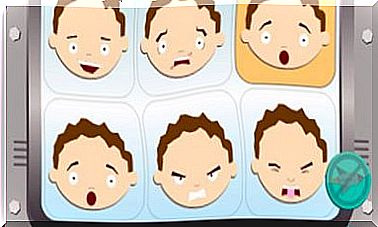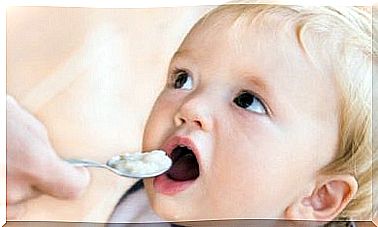Breast Milk Is The First Vaccine According To Unicef
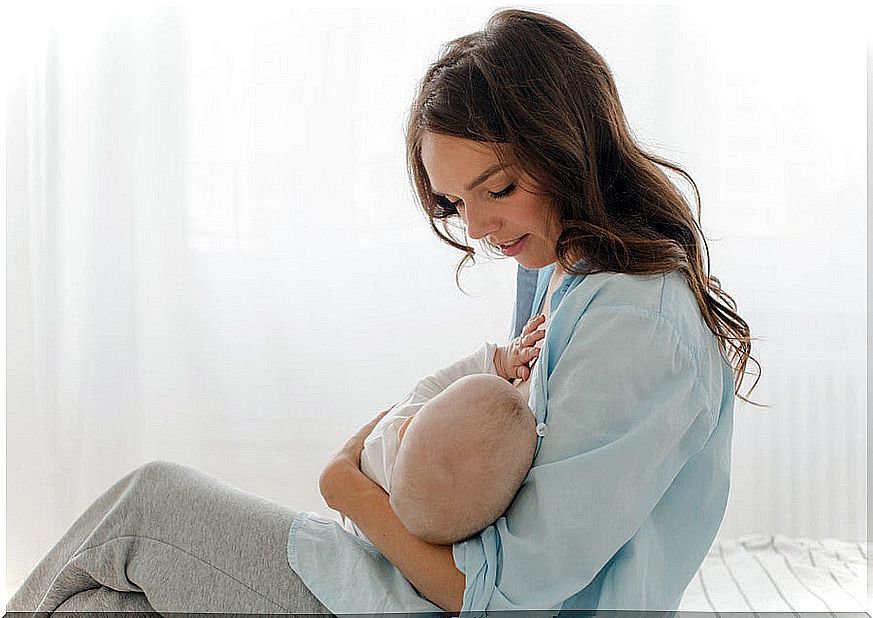
Breast milk is very important for the development of the baby from the first moment of life. It promotes the sensory and cognitive development of the baby. It also protects you from infectious and chronic diseases. Numerous international organizations point out that exclusive breastfeeding reduces infant mortality.
For the World Health Organization (WHO) babies should only drink breast milk from the first hour of life and for the first six months. From then on they can combine breastfeeding with some fruit and vegetable porridge. Many associations defend and spread this message such as Unicef or the Pan American Health Organization.
Babies who have been exclusively breastfed in their first half year are 14 times more likely to survive than those who are not. The WHO points out that it provides them with “all the nutrients they need for healthy development.” But also because it contains antibodies that “help protect infants from common childhood illnesses such as diarrhea and pneumonia.” These two diseases are the two leading causes of childhood mortality worldwide.
Unicef also points out that breast milk is one of the possible and most effective vaccines that babies can receive as soon as they are born. Breast milk can be considered as the first immunization a baby receives right after birth. It contains nutrients and antibodies that can protect babies from serious diseases.
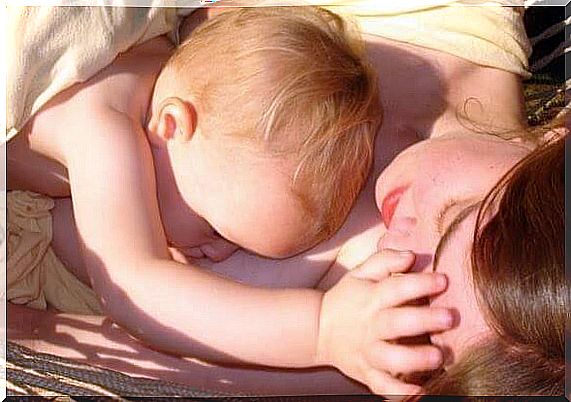
Breast milk from the first hour of life
UNICEF notes that when a baby is not breastfed for the first hour of life, the mother’s milk production is limited. This can directly affect the ability of the child to be exclusively breastfed. For this NGO, postponing breastfeeding from 2 to 23 hours increases the risk of the baby dying in the first 28 days by 40%.
For this reason they ask to eradicate customs such as feeding the baby with formula milk. Nor should it be made with cow’s milk or sugar water during the first 3 days of life. Breastfeeding should also be done when the child demands it, either during the day or at night. It is also recommended not to use bottles, nipples or pacifiers.
It is estimated that around 77 million babies worldwide are not breastfed in their first hour of life. For UNICEF this means that 77 million vaccines are lost in a child population, that of newborns. This can account for half of all deaths of children under 5 years of age that occur in the world. For the WHO, breastfeeding reduces infant mortality. It also has health benefits that reach adulthood.
Promote the importance of breast milk
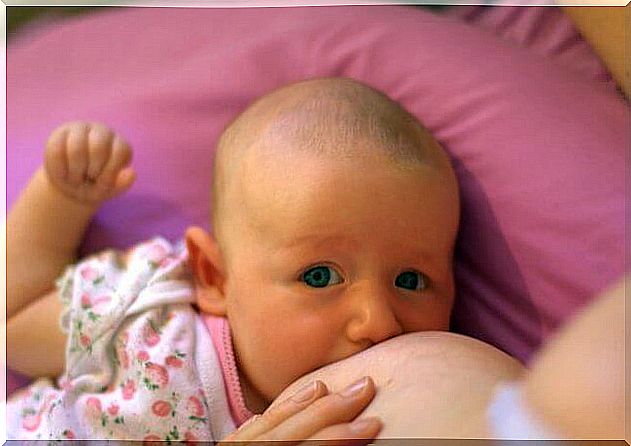
For this reason, one of the objectives of many NGOs is to encourage the feeding of all newborns with breast milk. Breastfeeding should be provided from birth to six months. With this action alone, they estimate that almost a million lives could be saved each year around the world.
It is estimated that only 43% of babies under 6 months of age worldwide are exclusively breastfed. 57% of babies who do not receive it are 14 times more likely to die as babies.
Good for the environment
Breastfeeding, according to associations such as the World Breastfeeding Alliance (WABA) of the UN, is even beneficial for the environment. “It is a natural and renewable food that does not need any type of preparation or packaging, transport or fuel,” they explain from the organization.
Breastfeeding according to the WHO contributes to the health and well-being of the mother. It helps to space pregnancies and reduces the risk of ovarian and breast cancer.
Breastfeeding also increases the family’s resources since it does not imply any burden on the family’s financial budget. An advantage because it is compatible with the fight against extreme poverty. Do not hesitate as the more mothers breastfeed their babies in the first hour of life, the risk of infant mortality will be greatly reduced.
